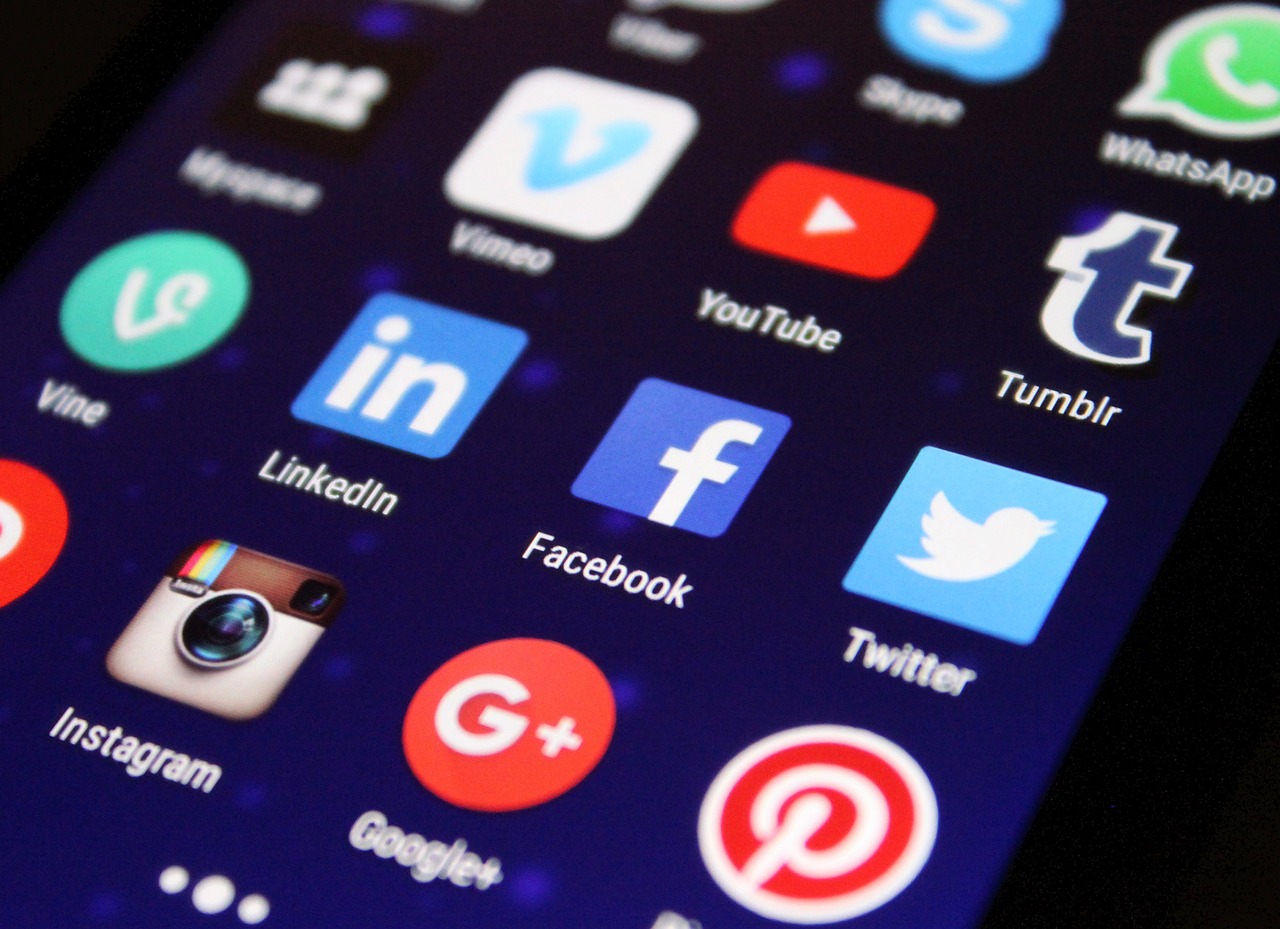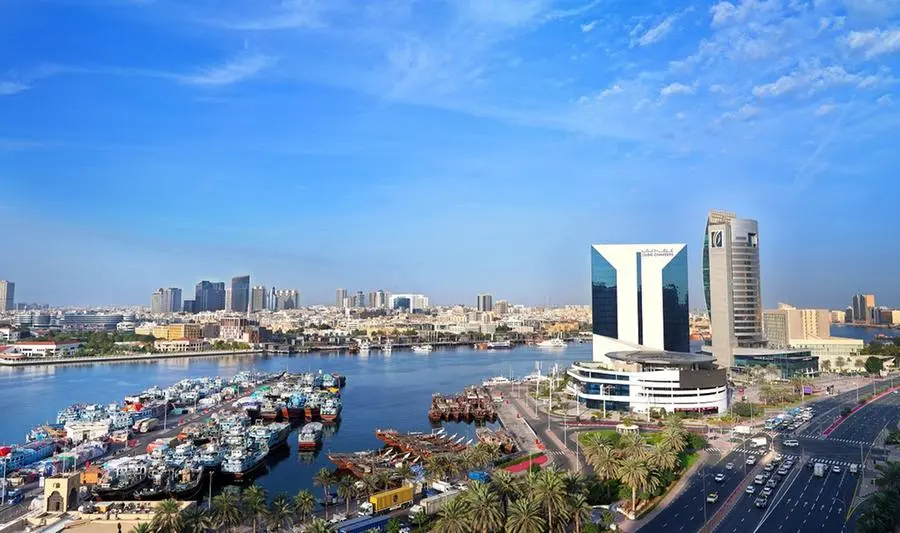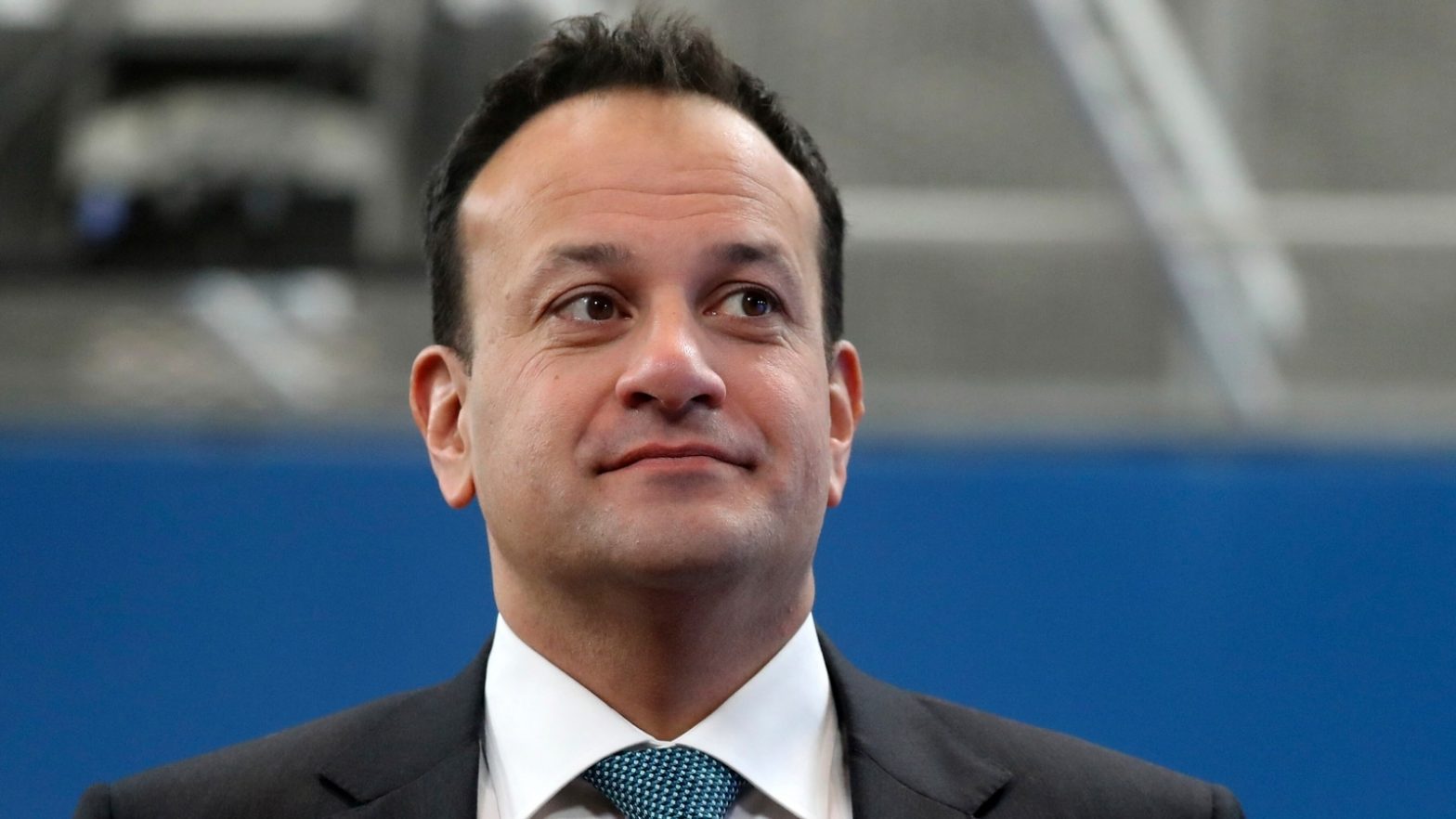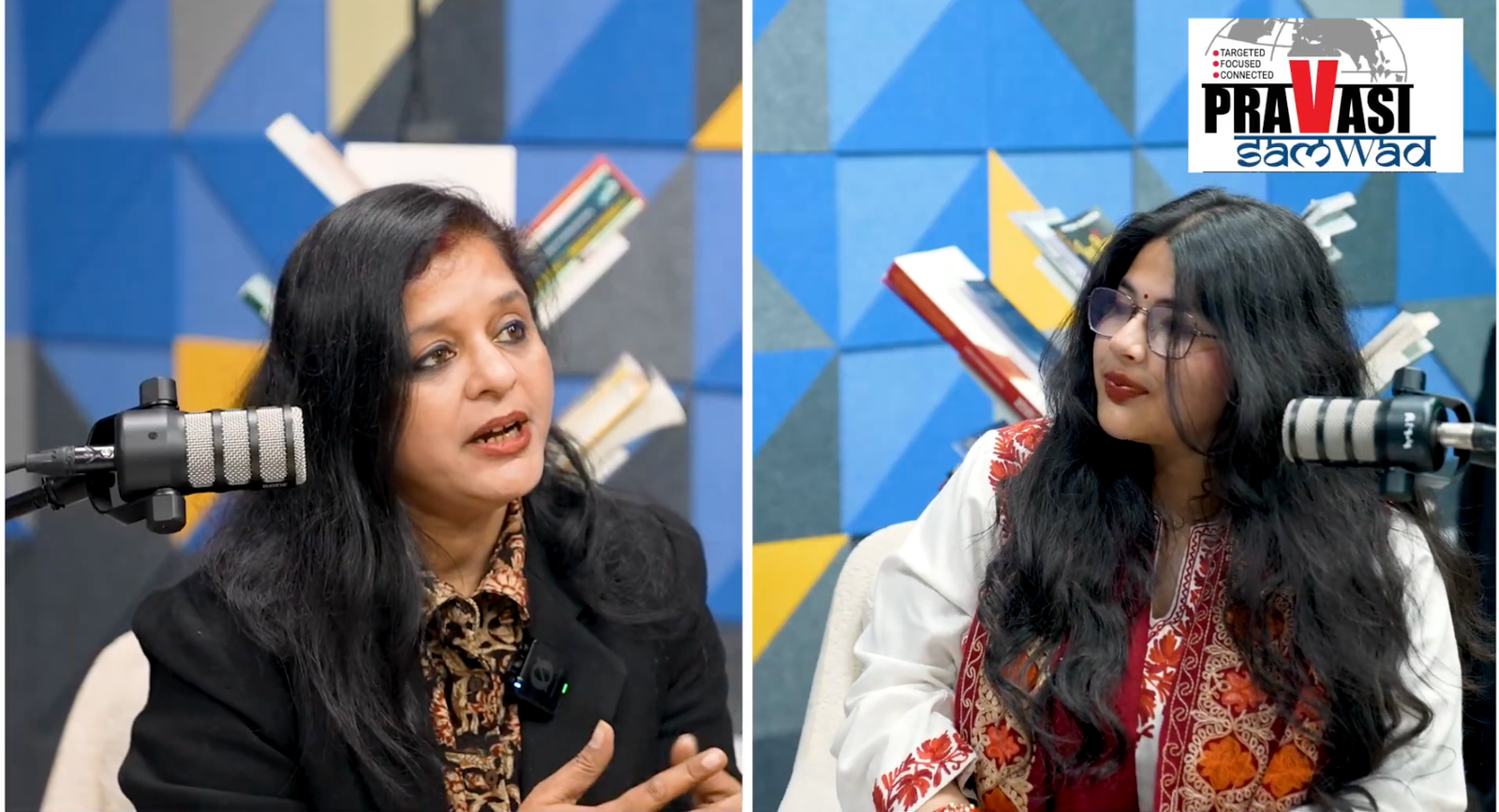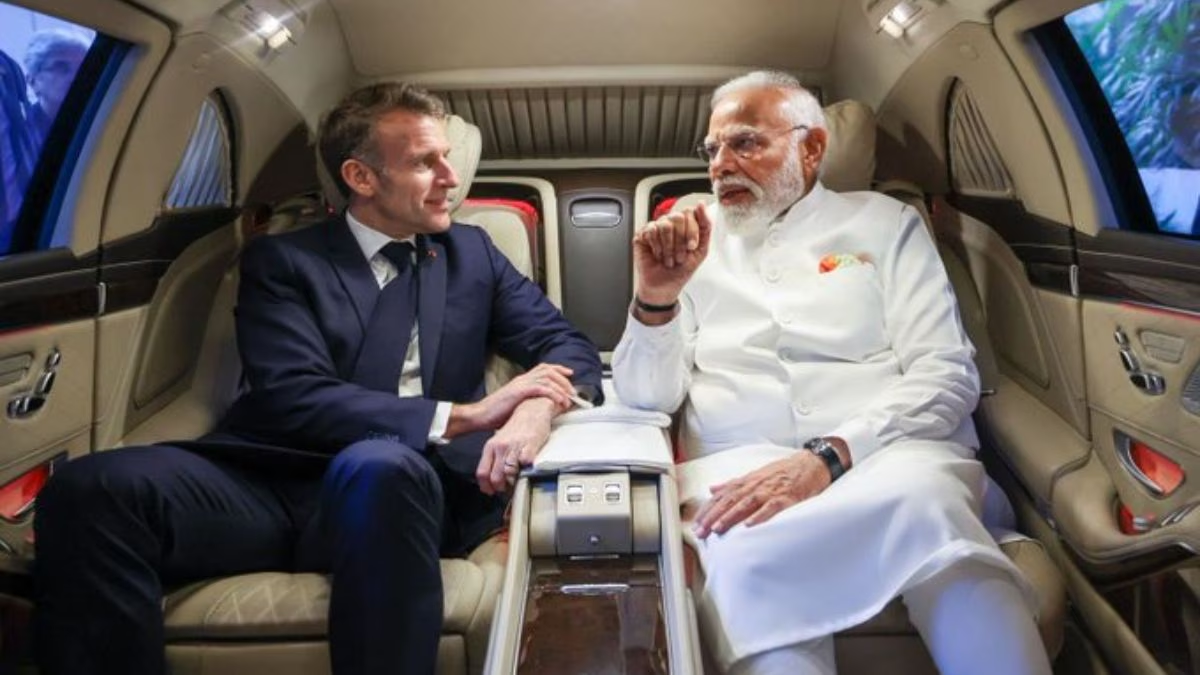As we navigate this digital landscape, it’s imperative to understand the power that social media wields and the ways in which it has become a catalyst for change in contemporary society
In the span of just a few decades, social media has transformed from a novel communication tool to a ubiquitous force shaping the very fabric of our society. Its impact, both profound and multifaceted, reaches into the realms of communication, culture, business, and beyond. As we navigate this digital landscape, it’s imperative to understand the power that social media wields and the ways in which it has become a catalyst for change in contemporary society.
The Evolution of Connection:
At its core, social media emerged as a platform to connect individuals across geographical boundaries, fostering a sense of global community. The evolution from primitive networking sites to the sophisticated platforms we have today has drastically altered the dynamics of interpersonal relationships. Friends, family, and even strangers are now just a click away, erasing the constraints of distance and time. This interconnectedness has not only redefined the concept of friendship but has also birthed virtual communities centered around shared interests, causes, and identities.
Yet, the impact of this connectivity goes beyond personal relationships. Social media has played a pivotal role in democratizing information, enabling individuals to access news, opinions, and perspectives from around the world. The immediacy of communication has transformed the way we consume information, blurring the lines between news consumers and contributors. Users are no longer passive recipients but active participants in the creation and dissemination of content, fundamentally altering the dynamics of the information ecosystem.
The Cultural Tapestry:
Social media has woven itself into the cultural tapestry of society, influencing trends, shaping ideologies, and providing a platform for marginalized voices. From viral challenges to hashtag movements, the cultural impact of social media is undeniable. It has become a stage where cultural conversations unfold, challenging norms, amplifying diverse voices, and sparking debates that transcend geographical boundaries.
However, this cultural influence is not without its challenges. The rise of echo chambers, where individuals are exposed primarily to information that aligns with their existing beliefs, poses a threat to a well-rounded and diverse cultural discourse. Social media algorithms, designed to keep users engaged, inadvertently contribute to the polarization of opinions, reinforcing existing biases. As we celebrate the cultural diversity that social media platforms can facilitate, it is essential to be cognizant of the echo chamber effect and work towards fostering open, inclusive conversations.
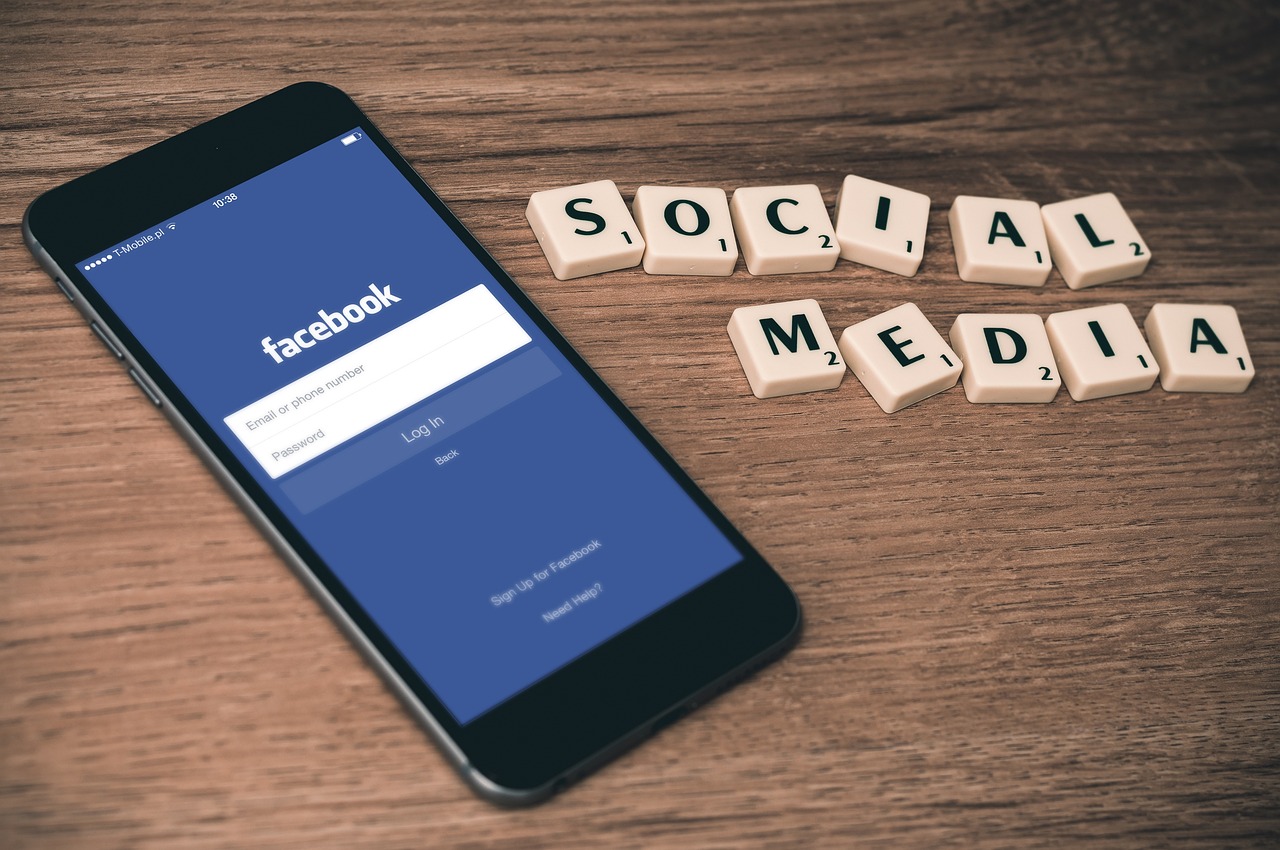
Economic Landscape:
In the realm of business, social media has ushered in a new era of connectivity between consumers and brands. It has become a powerful marketing tool, enabling businesses to reach a global audience with unprecedented precision. The direct interaction between brands and consumers has transformed marketing strategies, with user-generated content, influencer collaborations, and real-time engagement becoming integral components of successful campaigns.
The rise of e-commerce is another facet of social media’s impact on the economic landscape. Platforms like Instagram and Facebook have evolved into virtual marketplaces, allowing businesses to showcase products directly to consumers. The accessibility and convenience offered by social media-driven commerce have redefined traditional retail models, especially in the wake of global events that accelerated the shift towards online transactions.
Challenges and Ethical Considerations:
While social media has brought about positive changes, it is not immune to criticism and scrutiny. The issue of privacy, for instance, has become a central concern. The collection and utilization of user data by social media platforms for targeted advertising have raised ethical questions about consent and the potential misuse of personal information.
Moreover, the spread of misinformation and the proliferation of fake news present significant challenges. The rapid dissemination of unverified information through social media channels can have severe consequences, influencing public opinion, exacerbating societal divisions, and even impacting political processes. Addressing these challenges requires a multifaceted approach involving both platform regulations and media literacy initiatives.
The Empowerment of Social Movements:
Perhaps one of the most transformative aspects of social media is its role as a catalyst for social movements and activism. Movements like #BlackLivesMatter, #MeToo, and climate activism have gained momentum and visibility through social media platforms, providing a platform for marginalized voices and driving real-world change. The ability to mobilize masses, share stories, and document injustices in real-time has given social media a pivotal role in advocating for social justice.
The Arab Spring, for instance, demonstrated the potential of social media to mobilize citizens and facilitate the sharing of information during times of political upheaval. While the impact of these movements varies, they underscore the potential of social media as a tool for collective action and societal change.
In conclusion, the impact of social media on contemporary society is vast, multifaceted, and continually evolving. From redefining the way we connect and consume information to influencing cultural narratives and reshaping economic landscapes, social media has become an integral part of our daily lives. As we navigate the complex terrain of the digital age, it is crucial to recognize both the positive and negative aspects of social media and work collectively to harness its potential for the betterment of society. By promoting digital literacy, fostering inclusivity, and addressing ethical concerns, we can ensure that social media continues to be a force for positive change in the years to come.
************************************************************************
Readers

